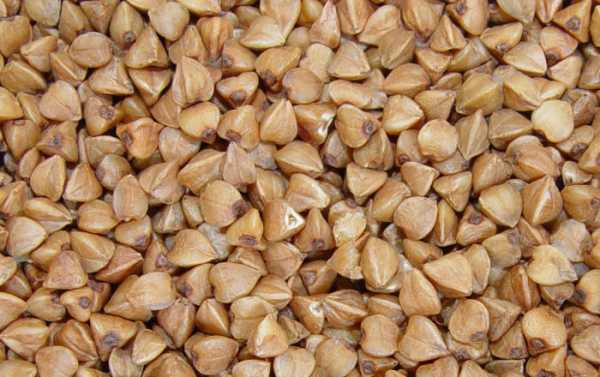
Researchers from the Siberian Federal University (SFU) in Krasnoyarsk, Russia believe that a buckwheat enriched diet has a unique healing effect on mammals. They claim that the use of buckwheat significantly increases the level of “longevity protein” SIRT1 and has a number of other positive effects.
The results of the study were published in the Journal of Cereal Science.
Sirtuins are an extensive family of proteins involved in the formation of fat cells and glucose metabolism. SIRT1 protein from this family is involved in a variety of intra-cellular processes, including the regulation of ageing mechanisms. According to the scientists, mild to moderate expression of SIRT1 may confer beneficial effects such as delayed ageing and stress resistance to an organism.
The researchers explained that the fewer calories we consume, the more “longevity protein” the organism produces. Fasting triggers the processes of reparation – “repair” of cells, which increases their lifespan. However, SFU specialists believe that malnutrition from time to time in the name of health is wrong.
Buckwheat is rich in vegetable protein and amino acids, which the human organism uses to produce its proteins, SFU scientists explained. Moreover, the plant contains numerous B vitamins that contribute to the health of the nervous, circulatory and immune systems, as well as a significant amount of fibre, which is responsible for providing a sense of satiety.
Experiments have shown that food enriched with milled buckwheat kernels provides stable weight gain. At the same time, the level of SIRT1 in animal organisms increased 30-fold, which corresponds to the optimum of this protein production, the scientists say.
SFU researchers noted that, compared to fasting, the consumption of buckwheat even in large quantities would not cause the excessive production of SIRT1, and, therefore, would not entail a dangerous side effect for the organism of the so-called “overproduction” – oxidative stress.
The study was conducted by SFU scientists in cooperation with specialists from Krasnoyarsk’s Voyno-Yasenetsky State Medical University, the Research Institute for Medical Problems in the North (RIMPN), and the Biophysics Institute of the Siberian Branch of the Russian Academy of Sciences.
Sourse: sputniknews.com






